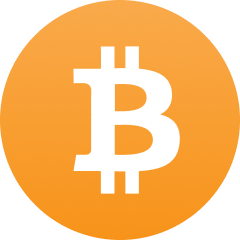 Cardano
Cardano Cardano (ADA) is a blockchain platform designed for secure and scalable decentralized applications (dApps) and smart contracts. Developed by Ethereum co-founder Charles Hoskinson, Cardano uses a scientific, peer-reviewed approach to ensure that its technology is both sustainable and highly efficient.
WHAT IS CARDANO (ADA)?
Cardano is an open-source, decentralized blockchain that uses a proof-of-stake consensus mechanism called Ouroboros to validate transactions and secure the network. Launched in 2017, Cardano focuses on scalability, interoperability, and sustainability, making it a platform for both dApps and financial services.
KEY FEATURES
-
Ouroboros Proof-of-Stake: Cardano’s unique consensus mechanism ensures energy-efficient and secure validation of transactions.
-
Scalability: Cardano’s layered architecture separates the settlement and computation layers, enabling higher scalability and flexibility.
-
Interoperability: Cardano aims to bridge the gap between different blockchains, allowing for cross-chain communication and data transfer.
-
Sustainability: The network uses a treasury system and a decentralized governance model, where ADA holders vote on upgrades and protocol changes.
-
Smart Contracts: With the launch of the Alonzo upgrade, Cardano introduced smart contract capabilities, enabling the development of dApps and decentralized finance (DeFi) solutions.
 Ranking #3921
Ranking #3921  Market cap 296 714,67
Market cap 296 714,67 
 EN
EN 
















 Leave your review
Leave your review